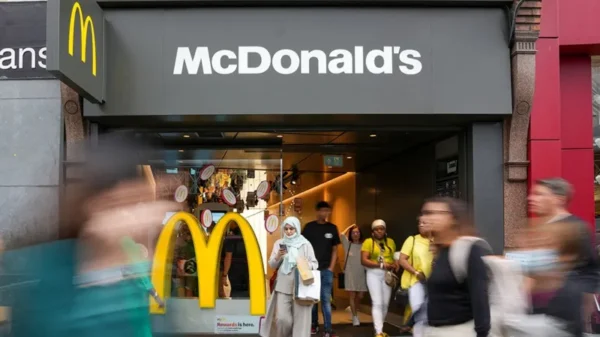McDonald’s Boycott Explained: Diving into the Fast-Food Chain’s Turmoil
McDonald’s recent decision to repurchase all its branches in Israel has brought Alonyal, the franchise company operating the fast-food chain, and its CEO Omri Padan into the spotlight. This move comes as global sales dipped due to a boycott of the brand over perceived support for Israel during its conflict with Hamas in Gaza. The controversy stemmed from Mr. Padan’s offer of free meals to Israeli forces at the onset of the conflict, which drew criticism and prompted the boycott, particularly from Muslim-majority countries like Kuwait, Malaysia, and Pakistan.
However, this is not the first time Mr. Padan has found himself embroiled in controversy linked to the Israeli-Palestinian conflict. In the past, he refused calls to open a McDonald’s branch in an Israeli settlement in the occupied West Bank, citing a policy of staying out of the occupied territories. This decision sparked backlash from Israel’s settler movement, with some accusing McDonald’s of having an “anti-Israeli political agenda.” Despite this, McDonald’s went on to win a tender to operate at Israel’s Ben-Gurion Airport in 2019, prompting further protests.
The recent decision by McDonald’s to repurchase its Israeli branches from Alonyal raises questions about the implications for Mr. Padan and the franchise company. While the terms of the deal remain undisclosed, speculation suggests that Mr. Padan could benefit financially, which may not sit well with those who were angered by his actions during the conflict. However, others may view the move positively, seeing it as a response to the impact of the boycott and a step towards regaining control over the brand’s image.
The fallout from the boycott has undoubtedly affected McDonald’s performance in certain overseas markets, with sales growth in regions like the Middle East, China, and India falling below expectations. McDonald’s CEO, Chris Kempczinski, attributed this to misinformation surrounding the boycott, describing it as “disheartening and ill-founded.” Despite these challenges, McDonald’s remains committed to the Israeli market and ensuring a positive experience for employees and customers.
Overall, McDonald’s decision to repurchase its Israeli branches underscores the complexities of navigating political sensitivities in the business world. While it may help the company regain control over its brand image, it also raises questions about the broader implications for franchise operators and their relationships with local communities.


































Comment Template